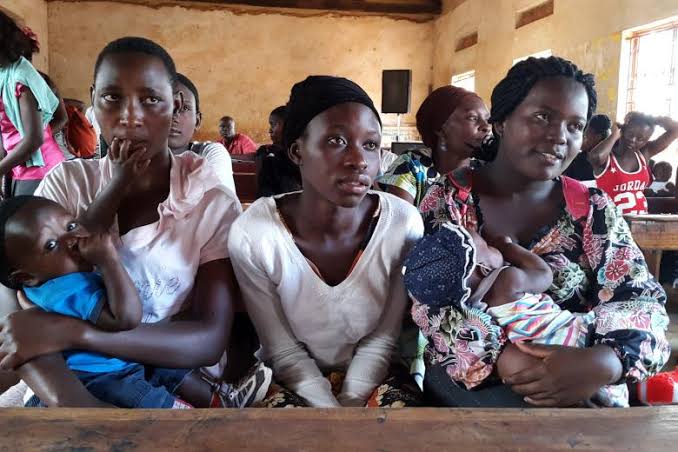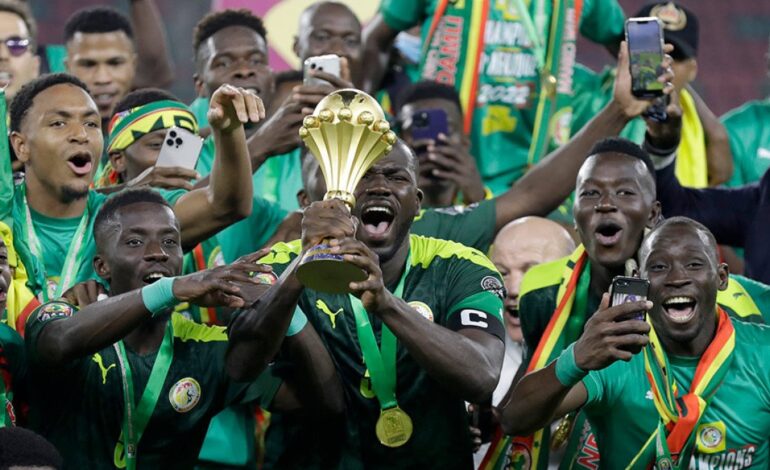
Renson Mwakandana
Three well-known human rights organizations have asked the African Court for Human and Peoples Rights to expedite its decision in the two-year-old case that seeks to overturn Tanzania’s contentious rule that in 2017 prohibited teenage mothers, child brides, and pregnant teenagers from returning to school.
On June 17, Human Rights Watch, Women’s Link Worldwide, and the Initiative for Strategic Litigation in Africa presented a combined amicus curiae brief to the Arusha-based court with information to support the plaintiffs.
The case has been put on hold since November 29, 2021, when the African court decided to take into account the petitioners’ request for a temporary halt to the ban in addition to their main claim.
The Tanzania Women Lawyers Association and the international women’s rights organization Equality Now first brought the case against the administration of former president John Magufuli in November 2020.

The unpopular ban looked to be reversed a year later, in November 2021, when the government of President Samia Suluhu announced that pregnant females and new mothers might resume their studies in public schools.

Despite a March 2021 court deadline, the government has not yet provided an official answer to neither the main application nor the request for interim measures.
According to the legal representatives of the three rights organizations, they want to inform people about “the gendered impact of denying access to education for women and girls, including on their autonomy, development, and self-advancement, as well as the perpetuation of lost earnings and poverty cycles.”
Achieng Orero, senior attorney at Women’s Link Worldwide, stated, “As co-amicus, we offer a transnational perspective that emphasizes the importance of sexual and reproductive rights and girls’ and women’s ability to pursue their life projects, including obtaining the highest possible level of education.”

The African court is in a good position to “consider the potential for transformative restorative measures that could help repair the permanent loss of education, stigma, and discrimination faced by girls arbitrarily excluded from schools,” according to Mausi Segun, Africa director for Human Rights Watch.





